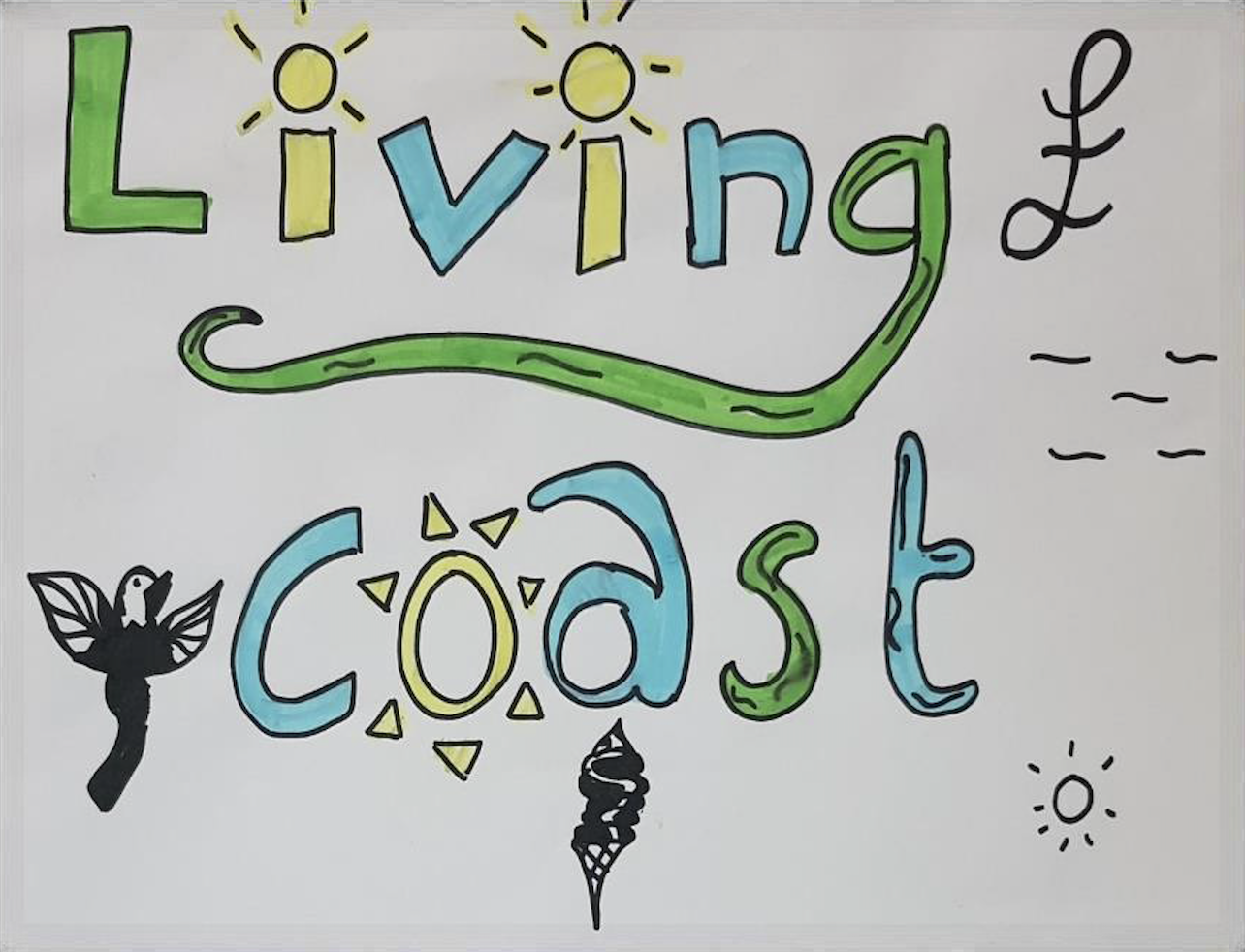impact
What do you try to change?
It is clear from the various drafts of the Professional Standards that GTCS listened very carefully to the children and young people, considered their thoughts and opinions and made relevant changes. GTCS have been very open and shared the journey involving listening to the children on a national stage, including presenting at the Scottish Learning Festival. They are great advocates of participation in action. Their national and international standing means this has an impact across the education world. GTCS continue to work with Children in Scotland to support children and young people’s engagement in their development work, including improving diversity in Scottish education.
-
evidence
Tell us what you found out - what were people's experiences, views or ideas for change?
Children in Scotland captured the voices of the children and young in a report for the GTCS and drew conclusions and recommendations. This was launched at the Scottish Learning Festival in September 2018. GTCS redrafted the Professional Standards and drafted a new Professional Code and once again commissioned Children in Scotland to engage with children and young people (towards the end of 2019) and capture their thoughts and suggestions on these drafts. A new suite of Professional Standards was approved by GTCS on 9 December 2020. These were launched on 13 January 2021, and will be enacted on 2 August 2021. http://www.gtcs.org.uk/web/files/the-standards/Children-In-Scotland-Review-of-Professional-Standards.pdf -
advice
Tell us your advice on doing participation activities - what worked well, what you enjoy, what is inclusive?
The engagement with children and young people took place in February/March 2018, with three main strands: – Children in Scotland staff worked directly with children and young people in 5 schools across the country to gather their views – Teachers and youth group leaders could access a resource, based on the direct work sessions, to complete with the children and young people they work with – Children and young people were able to complete a survey themselves to tell us what they think, with support from an adult if they wanted. Children in Scotland staff worked with pupils in 5 settings across Scotland. A further 4 settings engaged through a resource pack. Children in Scotland staff had to work hard to make this an accessible project for children and young people, especially as a large range of ages and needs were involved. Before taking part in the project the pupils were not aware of the Professional Standards teachers in Scotland have to achieve or the process involved. We used a lot of imagery to spark discussion about ‘what makes a good teacher’, including famous teacher characters from books, TV and films and Mr Men and Little Miss characters to discuss skills and attributes. When considering why people might become teachers, what the positives and challenges might be, we used the metaphor and images of a platform computer game – what are the potential ‘stars’ and ‘bananas’ for a teacher? How might they progress to the next ‘level’.


